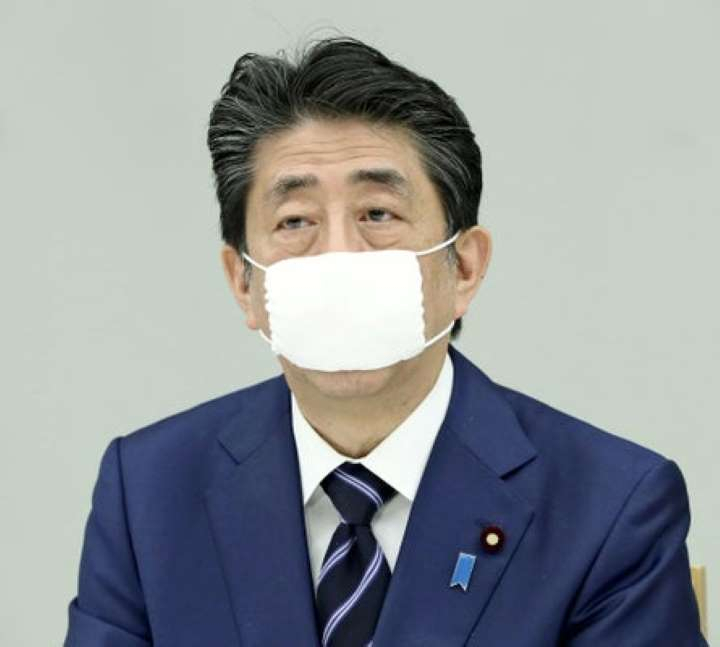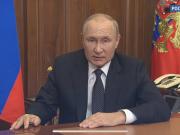The prime minister of Japan Shinzo Abe unveiled the plans for a stimulus package he described as one of the world's biggest while he prepared to declare a state of emergency to contain the spread of the deadly coronavirus or COVID-19 in major population centres, on Tuesday.
The prime minister is going to announce a state of emergency for the capital Tokyo and six other prefectures, for the period of about a month, after getting the green light from the panel of experts.
Abe to declare a state of emergency

His cabinet will also finalise a massive stimulus package worth 108 trillion yen ($990 billion) - equal to 20 percent of Japan's economic output - to cushion the heavy impact of the pandemic on the world's third-largest economy. That exceeds 11 percent of output for the US stimulus package laid out by President Donald Trump and five percent for that of Germany.
Abe said direct fiscal spending would amount to 39 trillion yen, or seven percent of the economy, more than double the amount Japan spent following the 2008 collapse of Lehman Brothers.
"The stimulus package would be among the biggest in the world," Abe told ruling and opposition party lawmakers, adding later that the government's priority would be to protect the lives and health of the people. "We have decided to declare a state of emergency because we've judged that a fast spread of the coronavirus nationwide would have an enormous impact on lives and the economy," he told parliament.
Japan has been spared the big outbreaks of the disease caused by the virus in other global hot spots, but a recent, steady rise in infections in Tokyo, Osaka and other areas led to growing calls for Abe to announce a state of emergency. Coronavirus infections in Tokyo more than doubled to 1,116 in the past week, accounting for the highest number in the country. Nationwide, cases have climbed past 4,000 with 93 deaths as of Monday. Abe said on Monday a state of emergency would stop short of imposing a formal lockdown as seen in other countries.
MORE STIMULUS TO COME
The emergency will give governors the authority to call on people to stay at home and businesses to close. With no penalties for ignoring the requests in most cases, enforcement will rely more on peer pressure and respect for authority. Tokyo Governor Yuriko Koike said the city was in talks with the central government to decide what types of facilities it would ask to close or curtail business hours while reiterating there would be no restrictions on buying groceries and medicine.
The government would not ask rail companies to reduce the number of trains in operation, Abe said. Other essential infrastructure like mail and utilities would operate, as will ATMs and banks, public broadcaster NHK said. But the restrictions would add to pains the virus is inflicting on the world's third-largest economy, which is seen as already in recession as supply chain disruptions and travel bans chill factory output and consumption.
To ease the pain, the government's stimulus package will include more than 6 trillion yen for cash payouts to households and small businesses, and 26 trillion yen to allow deferred social security and tax payments. Japan will sell a record amount of additional bonds worth more than 18 trillion yen to fund the package, adding to its huge debt which is twice the size of its economy.
While the stimulus could ease the immediate damage from the pandemic, lawmakers are already calling for even bigger spending to prevent bankruptcies and job losses. Analysts expect the economy, which shrank in the final quarter of last year, to post two more quarters of contraction, piling pressure on the government and the central bank to do more.
"Japan's economy will likely suffer a double-digit contraction in the current quarter. The damage from the outbreak could persist in July-September," said Takahide Kiuchi, a former Bank of Japan board member. "The government will probably compile another supplementary budget soon to stimulate the economy with even more spending," said Kiuchi, now an economist at Nomura Research Institute.
(With agency inputs)









